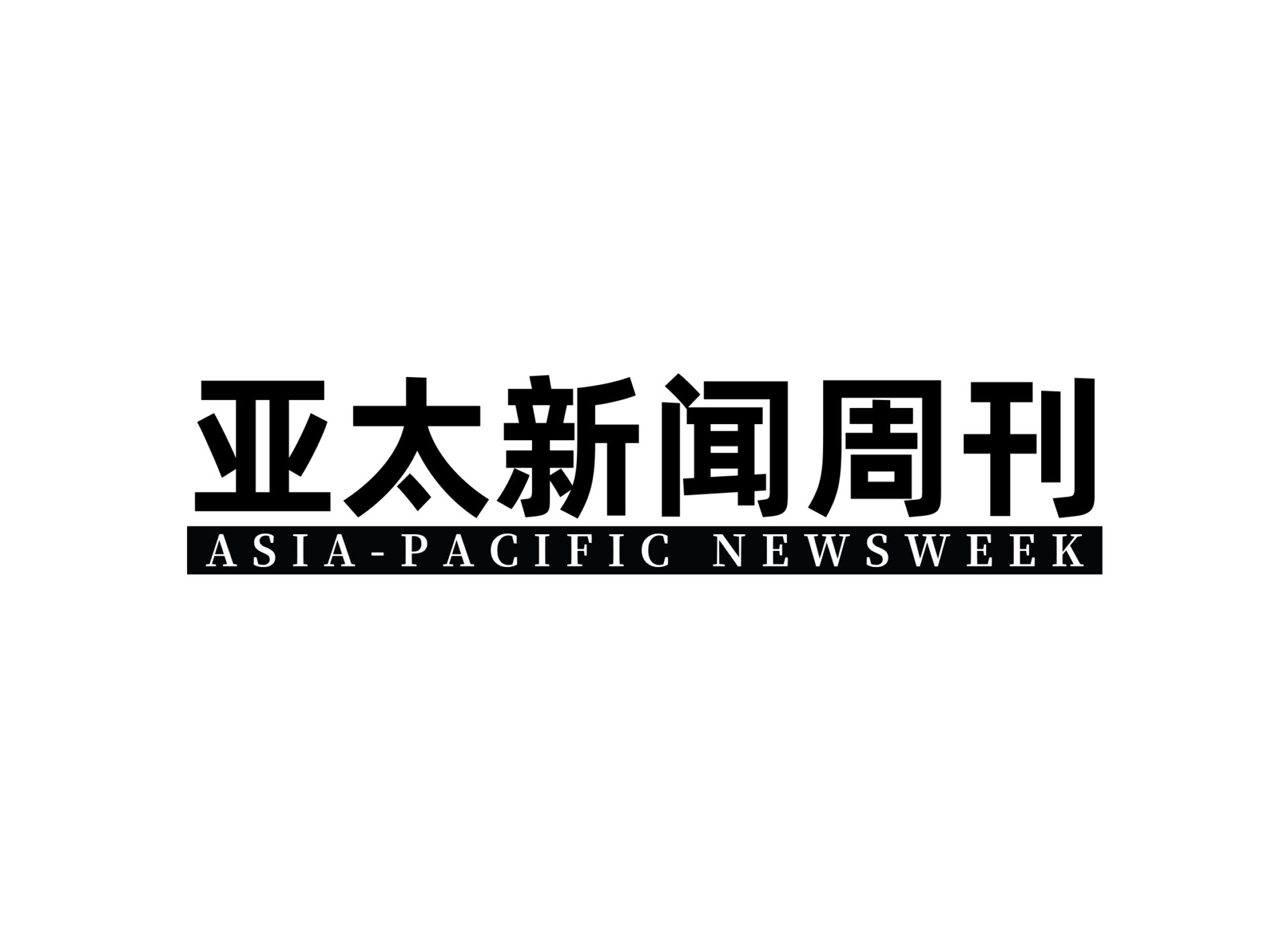Getty Images
Kyocera, one of the world’s largest chip component makers, has unveiled two funds totalling $100 million for startups focused on technologies including artificial intelligence, renewable energy and mobility.
The Kyoto-based company has set aside $60 million to invest in early-stage startups in the U.S., the Middle East and Africa through its Kyocera Venture Fund-I over a 10-year period. It is pouring another $40 million in early to growth-stage startups in Asia via the Kyocera Venture Innovation Fund-I over the same period.
The two funds, both launched in April, target startups developing AI-related software and hardware, says Shouichi Nakagawa, senior general manager of corporate R&D group at Kyocera, in an interview in October. Its U.S.- and EMEA-focused Kyocera Venture Fund-I has since invested in Chipletz, a Texas-based chip packaging startup spun off from billionaire Lisa Su’s chip giant AMD, as well as Mixed-Signal Devices, a California-headquartered company that develops timing devices used in data centers and telecommunications.
Chipletz has developed an advanced chip packaging technology that allows the combination of individual chips without interposers, which are connectors that facilitate electrical signals. By eliminating interposers, chips can be connected more closely together to allow faster processing speeds. This technology has become increasingly important amid the AI boom for higher performing chips and technical challenges to make components inside a semiconductor smaller.
Nakagawa says Kyocera invested in Chipletz because the startup provides “distinctive products” in chiplet technology, which is a cost-effective way of packaging individual chips to form a more powerful chip. He adds that Kyocera will benefit by providing electronic components to Chipletz. Kyocera’s semiconductor products include ceramic packages, connectors, resistors, couplers, timing devices, capacitors, SAW devices and organic substrates.
Meanwhile, Kyocera invested in Mixed-Signal Devices because the company “manufactures the industry’s highest-performing clock and timing devices,” which are used to ensure synchronization in data centers and clear communications in telecoms, says Nakagawa. Kyocera will also provide parts to Mixed-Signal Devices and deploy the U.S. company’s timing devices in its data centers and electronic devices, he says.
Shouichi Nakagawa, senior general manager of corporate R&D group at Kyocera.
Kyocera
Kyocera is also looking to invest in AI software startups whose technologies can be integrated into its printer business—the company’s biggest revenue generator. Some potential AI applications in printers include filtering documents with sensitive information to prevent leaks, says Nakagawa. He adds that Kyocera is searching for startups that can help increase energy efficiency of data centers, such as using light instead of electric signals to send data, and converting heat into electricity using thermoelectric conversion.
Kyocera’s Asia-focused fund has so far invested in a Japanese self-driving tech startup, Turing. The Tokyo-headquartered company is developing an autonomous driving system that uses AI to make driving decisions, rather than relying on sensors and high-precision maps, an approach Nakagawa describes as advanced.
The 65-year-old Kyocera has a long history of venture capital investments. Back in 2000, the company teamed up with Goldman Sachs to set up a private equity fund totalling 30 billion yen (about $286 million at the time) to invest in Japanese startups. Since then, it has also worked with U.S. venture capital firm Plug and Play to source prospective investments in areas such as healthcare and new materials.
Kyocera was founded in 1959 by the late Japanese tycoon Kazuo Inamori, who also established the predecessor of the country’s telecoms giant KDDI. The company started with making fine ceramics, and has since then expanded to manufacturing electronics and components for semiconductor manufacturing equipment, telecom devices and more. It has also grown to become the world’s largest maker of ceramic packages for semiconductors, which are containers made from ceramic material to connect individual chips to circuit boards, with a market share of roughly 80%, according to U.S. investment research firm Morningstar.


